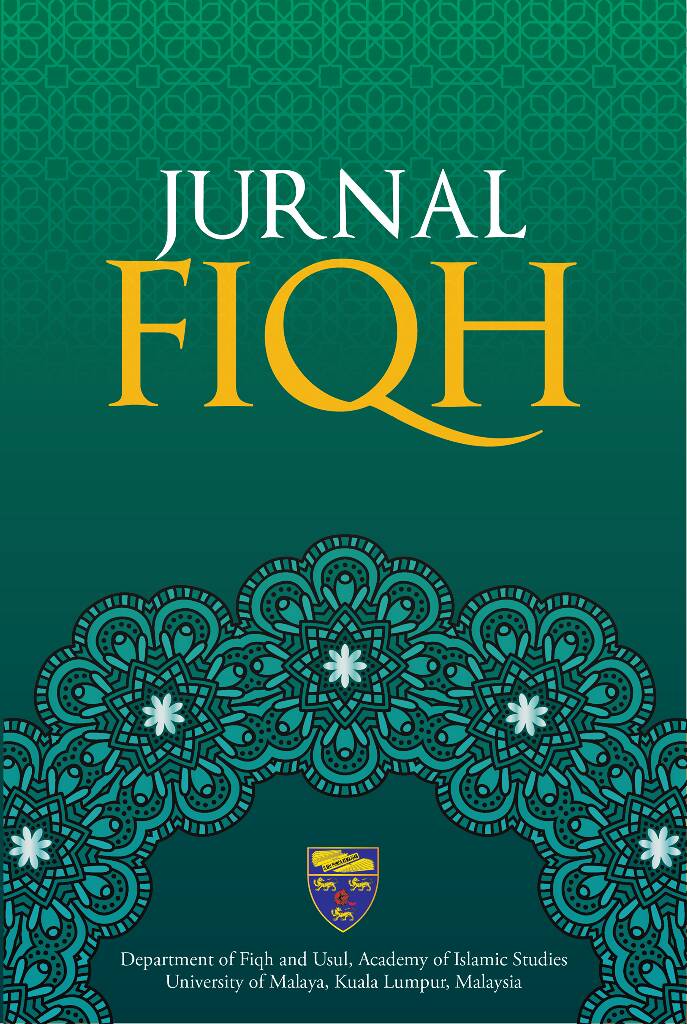Analisis Larangan Aktiviti Keagamaan Di Masjid Dalam Peruntukan Perintah Kawalan Pergerakan (PKP) Berdasarkan Parameter Maqāṣid Al-Sharī‘ah
Analysis of Religious Activities’ Prohibition in Mosques in the Movement Control Order (MCO) Based on the Maqāṣid al-Sharī‘ah Parameters
DOI:
https://doi.org/10.22452/fiqh.vol17no2.2Keywords:
maqÄá¹£id al-sharī‘ah, worship, Movement Control Order, maá¹£laḥah, COVID-19Abstract
This article discusses the position of religious activities in the mosque during the outbreak of the COVID-19 pandemic from the perspective of the maqāṣid al-sharī‘ah (the higher objectives of Sharia). The Government of Malaysia gazetted a suspension of all religious activities at the mosque through the issuance of Movement Control Order (MCO) which has led to juristical debate as to what extent it can be imposed on the Muslim community in Malaysia. This issue needs to be clarified in order to evaluate the implementation of the MCO and its justification for prohibiting religious activities in accordance with the Islamic law and the principle of maqāṣid al-sharī‘ah. This study concludes that the prohibition of religious activities is in line with the parameters of the maqāṣid al-sharī‘ah, which precedes the maṣlaḥah of life (ḍarūrī) rather than the maṣlaḥah of religion (al-ḥājiyyāt). In fact, this provision also follows the method of درء المفاسد اولى من جلب المصالح (prioritizing repelling the harms over securing the benefits) to prevent the spread of COVID-19. However, there are some technical details that should be observed and might be proposed for the betterment of the MCO gazette in relation to the religious activities in the mosque.








